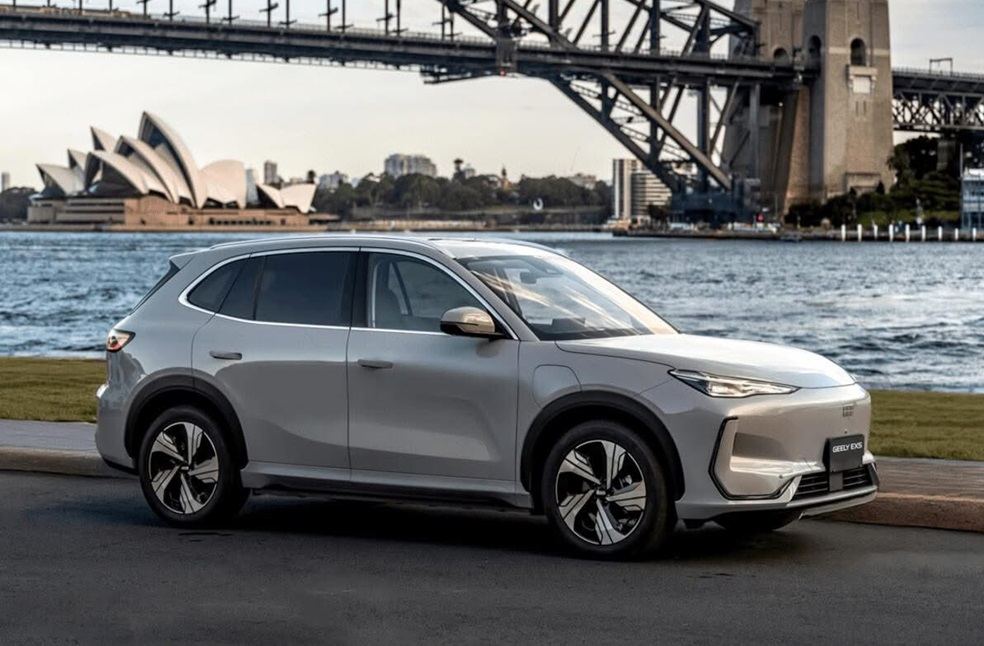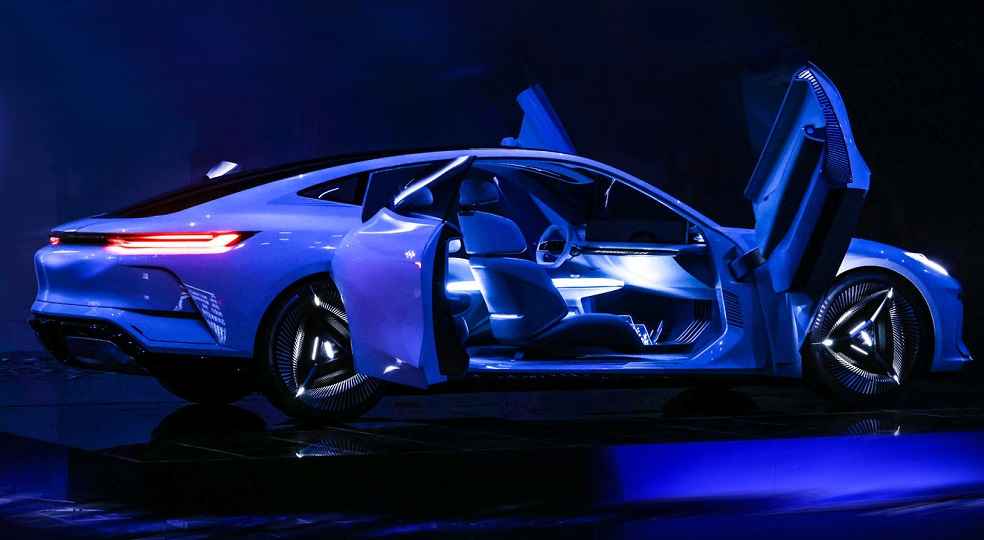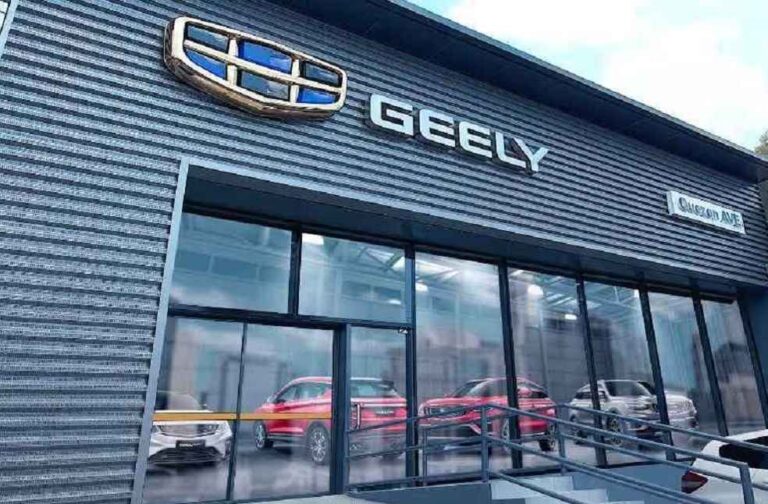Chinese automaker Geely Auto will return to the South African market in October 2025, a decade after its 2014 exit due to economic pressures and intense competition. The Zhejiang Geely Holding Group, which owns Volvo, Polestar, Lotus, and Zeekr, confirmed the relaunch, with 35 dealerships already signed and a target of 40 by launch. The move positions South Africa as part of Geely’s broader international expansion, following entries into Australia, New Zealand, Brazil, and the UK.
The re-entry is supported by Geely’s first African facility in Egypt, which began assembling vehicles earlier this year. In South Africa, the company will debut the Geely EX5 in both electric and hybrid versions, reflecting its strategy to offer a mix of petrol and new-energy vehicles. Sales targets include 13,000 units in 2026, 15,000 in 2027, and 20,000 in 2028, with dealership numbers expected to grow to 80 nationwide. Gauteng leads with 14 dealers, followed by KwaZulu-Natal and the Western Cape with six each.

Industry leaders welcomed the announcement as a sign of confidence in South Africa’s market and infrastructure. “It’s encouraging to see major international car brands expanding in South Africa,” said Earle Peters, managing executive at Transnet National Ports Authority’s Durban Terminals. “The return of Geely Motors is both a commercial milestone and a signal of confidence in our market.”
The move also highlights tensions within the domestic auto industry. Imported vehicles already make up nearly two-thirds of passenger sales, with more than 52,000 Chinese brand units sold in 2024. While most imports come from India, Chinese automakers are gaining ground, raising concerns about job losses in local manufacturing.

Combined Motor Holdings, which distributes brands such as Ford and Mazda, warned of potential employment impacts, while BMW Group South Africa chief executive Peter van Binsbergen described the surge in low-cost imports as an ‘existential crisis’ for domestic production.
Trade Minister Parks Tau acknowledged the risks, noting that subsidies for local vehicle and component manufacturing are under review to encourage higher local content. Tariff adjustments are also being considered to protect South African plants from import-driven pressure, as the government seeks to balance consumer choice, trade competitiveness, and industrial jobs.
AUTO TECH | GenAI to Influence 40 Million Car Purchases Globally by 2030





